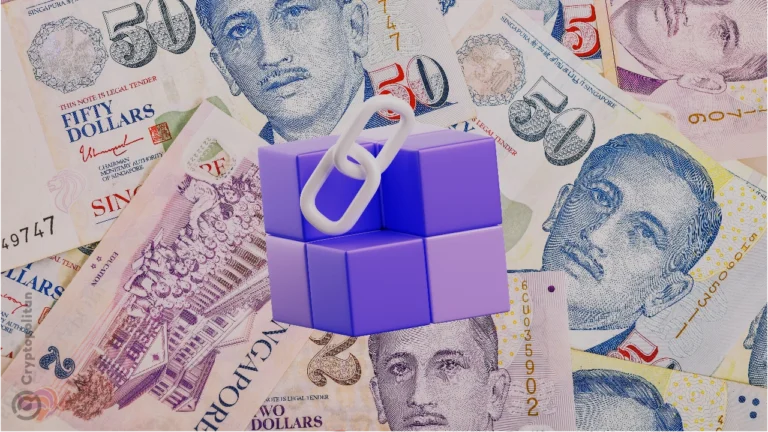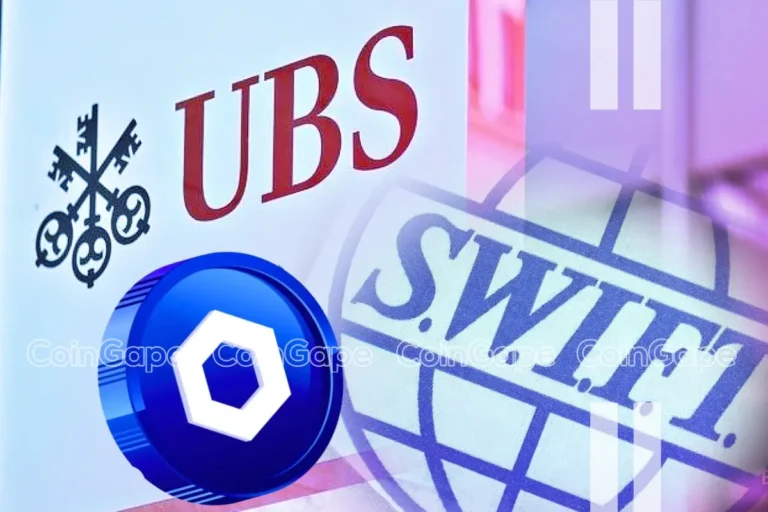Imagine a future where financial transactions are quicker, more transparent, and open to a broader range of people and institutions. Singapore is pushing this vision forward by developing frameworks that could reshape how we understand finance. Today, the Monetary Authority of Singapore (MAS), the city-state’s central bank, announced the creation of two new frameworks aimed at commercializing tokenized assets, a move that could deepen liquidity in financial markets and revolutionize trading as we know it.
What’s Happening?
MAS is focused on enhancing asset tokenization, which means converting traditional financial assets (like bonds or funds) into digital tokens that live on blockchain technology. This idea isn’t entirely new, but Singapore is taking it to the next level by providing practical, structured guidance to expand its use in financial services.
- Two New Frameworks: The MAS has introduced:
- The Guardian Fixed Income Framework: This is designed to help introduce tokenization to debt markets. By using tokens, processes become more efficient—think faster trades and smoother settlements. Key terms to remember: fixed income instruments, tokenization, debt capital markets.
- The Guardian Funds Framework: This offers best practice guidelines for tokenizing investment funds. It simplifies how new tokenized funds can be created and managed. A special highlight here is the Guardian Composable Token Taxonomy, which helps make assembling complex investment packages easier. Key terms: investment vehicles, fund settlement, best practices.
Why Should You Care?
This is more than just financial jargon. The ability to tokenize assets could mean big changes for how money moves and grows. It can improve efficiency, transparency, and accessibility, making markets faster and possibly cheaper to operate. For someone looking to deepen their understanding of modern finance, these frameworks represent a major shift in how investments and bonds could be handled in the future.
Understanding this shift is crucial because it highlights the future of investing and financial technology (fintech). By embracing these concepts, you position yourself ahead of the curve, gaining insights that could be valuable for careers in finance, technology, or even entrepreneurial ventures involving digital assets.
What Does This Mean for the Future?
MAS has already conducted over 15 industry trials, working with major names like Citi, HSBC, and Standard Chartered. These trials spanned multiple financial products and currencies, showing that there’s real momentum here. The newly formed Guardian Wholesale Network is designed to make these initiatives more mainstream, deepening market liquidity by involving more participants.
Key takeaway: Greater liquidity means a stronger, more stable market where it’s easier to buy and sell assets at fair prices.
Why It’s Important to Your Knowledge
This isn’t just a news update—it’s a peek into how global finance might look in a few years. If you’re interested in finance, blockchain, or investment strategies, understanding the direction that leading economies like Singapore are heading can provide a blueprint for future opportunities. You’re seeing firsthand how governments and major financial players are integrating blockchain not as a novelty but as a powerful tool for real-world applications.
So, remember these points:
- Tokenization could become the norm for handling assets.
- MAS’s role is central in pushing for structured adoption, which signals that these practices are taken seriously at a high level.
- New frameworks could lead to increased investment opportunities, as they simplify and speed up transactions.
Stay informed about these developments to broaden your knowledge and prepare for new trends that might soon shape global markets. The financial world is shifting, and with insights like these, you can keep ahead of the game.



